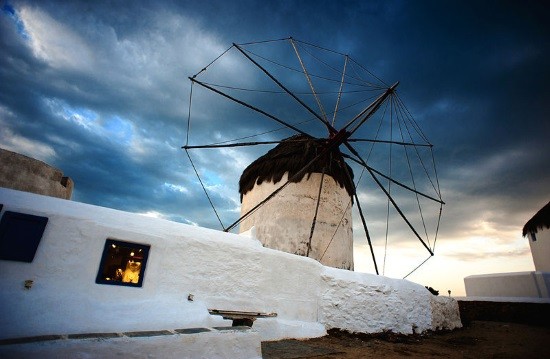Shocking data from Elstat (Greece's Statistical Service) shows the hopeless poverty of the Greek people, and experts say the country will fall into the most difficult winter over the past decade due to the energy crisis and high costs. It will be even more complicated than during the long-term economic crisis.
According to research data conducted by the Greek Network Against Poverty, based on data from the Greek statistical agency, 19.9% (about 2 million Greeks) have no income at all.
At the same time, 29.5% (about 3 million people) are at risk of poverty and social isolation, 38.5% live in hardship and 12.5% experience uncertainty with food security. Children from thousands of families who grew up in extreme poverty need to be added to these numbers.
For the residents of Greece, this winter will be the hardest
According to Spiros Psihas, member of the Board of Directors at the Greek Network Against Poverty, for residents of Greece, this winter will be the most difficult since 2009 due to the energy and cost crisis.
As a result, in his opinion, the number of residents at risk of poverty will increase not only among vulnerable segments of the population, but also in the entire population of the country as a whole.
"Since 2009, when the financial crisis started in Greece, until today, when we are going through an energy and high cost crisis, the income of Greek residents has decreased by about 45%," he said.
"This alone is enough to put not only vulnerable residents, who are already experiencing financial hardship, but also the entire population at risk of poverty. which arose before the pandemic and before the hostilities in Ukraine are now aggravated.
"Between 2015 and 2019, recovery was observed in Greece, but now poverty indicators are increasing. like mountains."
Some 3,090,000 people live at the bottom of poverty and in conditions of social isolation, according to three key indicators.
The first index, low income, the second indicator, people do not have access to essential goods, such as nutrition, heating, internet access, medical care, etc., and in the third indicator, they live in households where only a small number of people have a job.
"In the family, only one person can work a full day of work or everyone lives on the pension of elderly parents," Psychas added.
"More than three million Greeks exist in poverty and lack of goods and services. Official data show us a trend - an increase in poverty levels, but the statistics do not show that we have a really comprehensive picture of poverty, because in reality the percentages are even higher," emphasised Psychas.
READ MORE: Judge allows pedophile to vacation in Greece before sentencing.


